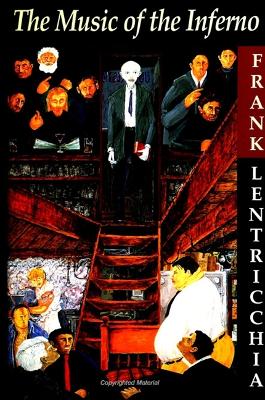SUNY series in Italian/American Culture
1 total work
At eighteen Robert Tagliaferro, an orphan of ambiguous racial and ethnic identity, disappears from his hometown of Utica, New York. At sixty he returns, forgotten by nearly everyone and searching the bin of memory for something to salvage. Having lived for decades inside a bookstore, his search for identity has taken him into the world of great literature and the history of Utica itself, and so his quest must be to create a memory, a history, and an identity from his reading. He becomes a man made of words, a patchwork of styles and rhetoric, an artifice.
In the cellar of a restaurant, Robert tells his stories of the past to six other men: stories of Utica, of New York State, and ultimately of America itself, as well as of the intimate involvement of Italian immigrants with these histories. The other characters respond in a kind of collective storytelling, a play of voices probing the various themes of history, genealogy, fatherhood, race, lost children, the presentness of the past, community, and, finally, storytelling itself as the power guiding all, informing their sense of everything, as they grope imaginatively toward a sense of life and their place in it.
Rich in literary heritage and allusion, The Music of the Inferno is an unusual, deft, often piercing meditation on storytelling, ethnicity, and the Italian American experience.
In the cellar of a restaurant, Robert tells his stories of the past to six other men: stories of Utica, of New York State, and ultimately of America itself, as well as of the intimate involvement of Italian immigrants with these histories. The other characters respond in a kind of collective storytelling, a play of voices probing the various themes of history, genealogy, fatherhood, race, lost children, the presentness of the past, community, and, finally, storytelling itself as the power guiding all, informing their sense of everything, as they grope imaginatively toward a sense of life and their place in it.
Rich in literary heritage and allusion, The Music of the Inferno is an unusual, deft, often piercing meditation on storytelling, ethnicity, and the Italian American experience.
